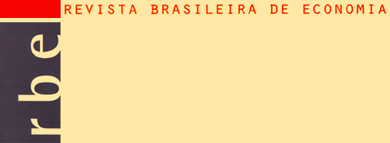Barro's tax smoothing hypothesis (TSH) implies that, when faced by a temporary increase in expenditure, the government should issue debt in order to spread the increase in taxes over time and minimize the welfare costs of high tax rates. Changes in the tax rate should then be unpredictable. This paper performs a test of the TSH that goes beyond the random walk tests usually done in literature. It examines the implied restrictions of the TSH on a vector autoregression (VAR) model using Brazilian data for the period 1970-94. The tests reject the hypothesis for the full sample period. For the period 1987-92, however, disregarding the volatility of the actual budget surplus, the TSH seems to provide a better approximation to the historical movements of Brazilian fiscal data series.
tax smoothing; vector autoregression; Brazil






















